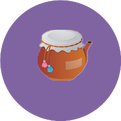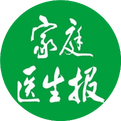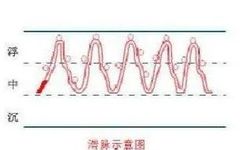Traditional Chinese Medicine Diagnosis | Auditory Diagnosis – Abnormal Sounds (Part 2)
Traditional Chinese Medicine Diagnosis – Auditory Diagnosis Auditory diagnosis is a term in Traditional Chinese Medicine (TCM) diagnosis, one of the four diagnostic methods: observation, listening, inquiry, and palpation. TCM utilizes hearing and smelling to infer disease patterns from the sounds emitted by the patient and the various odors from bodily excretions. Since the various … Read more




